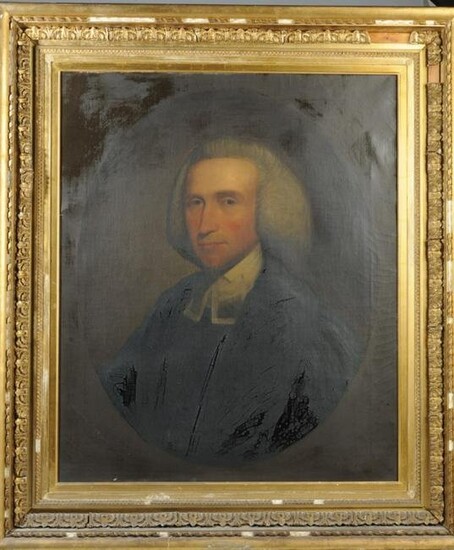“Both fell into the Water”
- what captain nearly lost his ship on Cape Cod.
- which gentleman owned a poetry-writing girl named Phillis.
Here’s another example from the same month. The same 1 Oct 1767 Boston News-Letter report on the storm that beached Capt. Richard Coffin’s ship also included this detail:
A Gentleman and his Lady who had just landed on one of the Wharves from a Boat that had been below, was by the extreme Darkness of the Night, led to the edge of the Wharf and both fell into the Water, and would probably have been drowned, had not some of the Company immediately assisted and got them out.What unlucky couple was that? What was their story?
Fortunately, I have some people I can ask. Here’s John Rowe’s diary from 24 September:
We had A Very Severy Storm it Blew as hard as I ever heard it, Accompanied with Thunder Lighting & very heavy Rain.And 27 September:
Mr Walter & Wife had Like to have been drownd at pecks Wharf
After Noon I went to ChurchWilliam Walter was the rector at Trinity Church. So it wasn’t just any gentleman who fell off the wharf; it was one of the town’s handful of Anglican clergymen.
Mr Walter Read prayers & preachd from the 103d. Psalm & the 19th Verse, The Lord hath prepard his Throne in the Heavens and his Kingdom Reigneth.
Over all, this was A very Pathetick & Good Discourse & very Applicable to Mr Walters Late Misfortune—in which Wee All Rejoyce for Gods Remarkable Deliverance of him & Wife—
And his wife? Just shy of a year before that storm, the Rev. Mr. Walter had married Lydia Lynde. Her early-1760s portrait by John Singleton Copley appears above.
That sent me to the diary of Lydia Walter’s father, Massachusetts chief justice Benjamin Lynde (the second chief justice of that name). His entry for 23 September says:
A fine morning, but a great storm by night. My daughter Walter with her husband by wind carryed off the wharfe into the water, where she sank, and in most hazardous state, but got out, and thro’ God’s great goodness not hurt, tho’ then within 2 months of her time.So the lady who fell off the wharf was seven months pregnant!
And here’s the happy ending from Lynde’s diary of 13 November:
My daughter Walter (notwithstanding her fall into the water), safely delivered of a son, baptized the 16th, Lynde; [Recompense Wadsworth?] Stimpson and wife Godfather and mother, Sheriff [Stephen] Greenleaf ye. other.The Walter family left Boston in the evacuation of 1776, but William and Lydia Walter came back after the war when he was named rector of Christ Church.
Young Lynde Walter married in Shelburne, Nova Scotia, in 1791, then again in Trenton, New Jersey, in 1798. Eventually he returned to Boston, where he died in 1844 at age seventy-six. His namesake son was the first editor of the Boston Evening Transcript.
But all that was possible only because people had helped fish his grandmother out of Boston harbor on a stormy night in September 1767.


